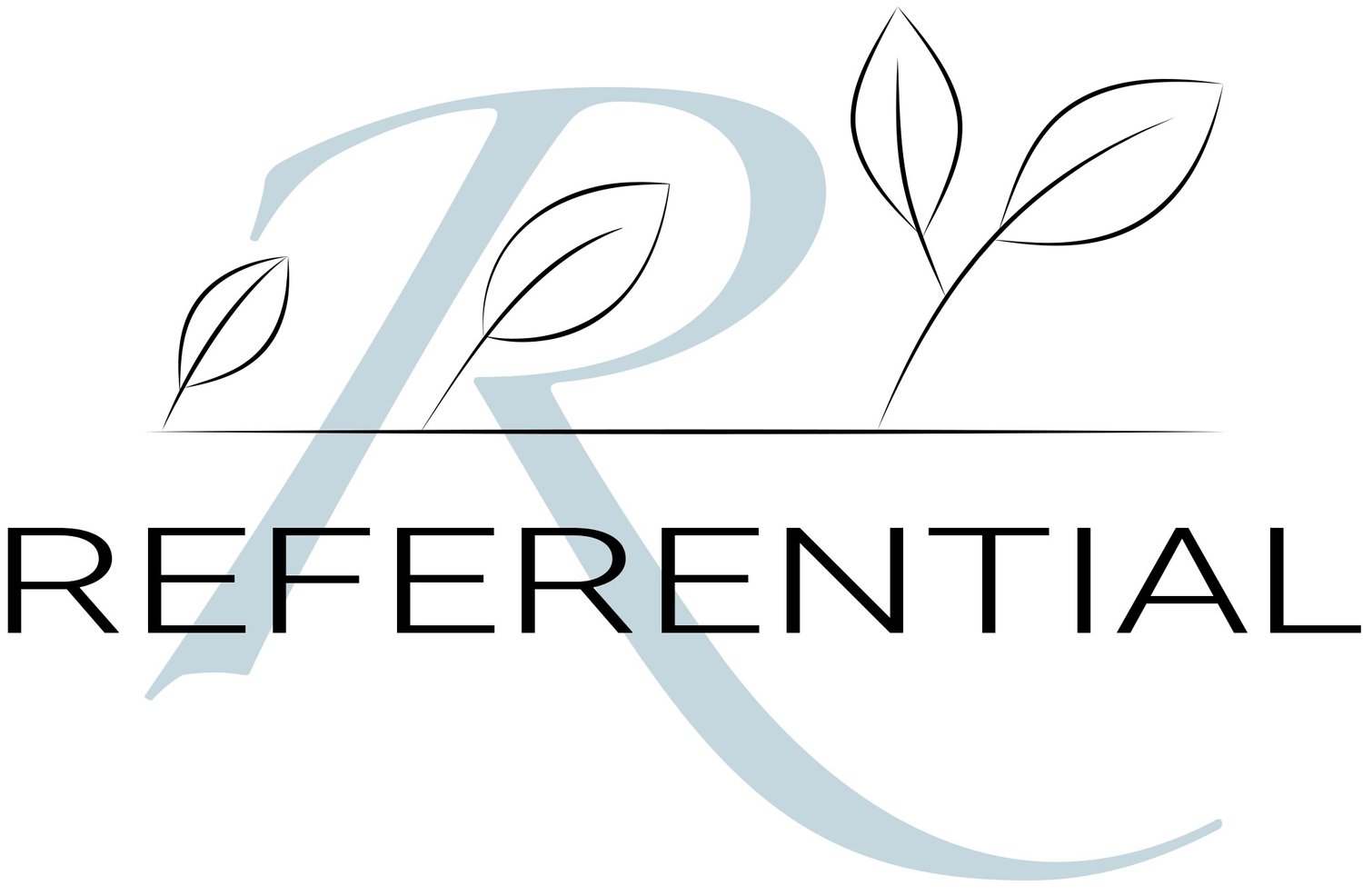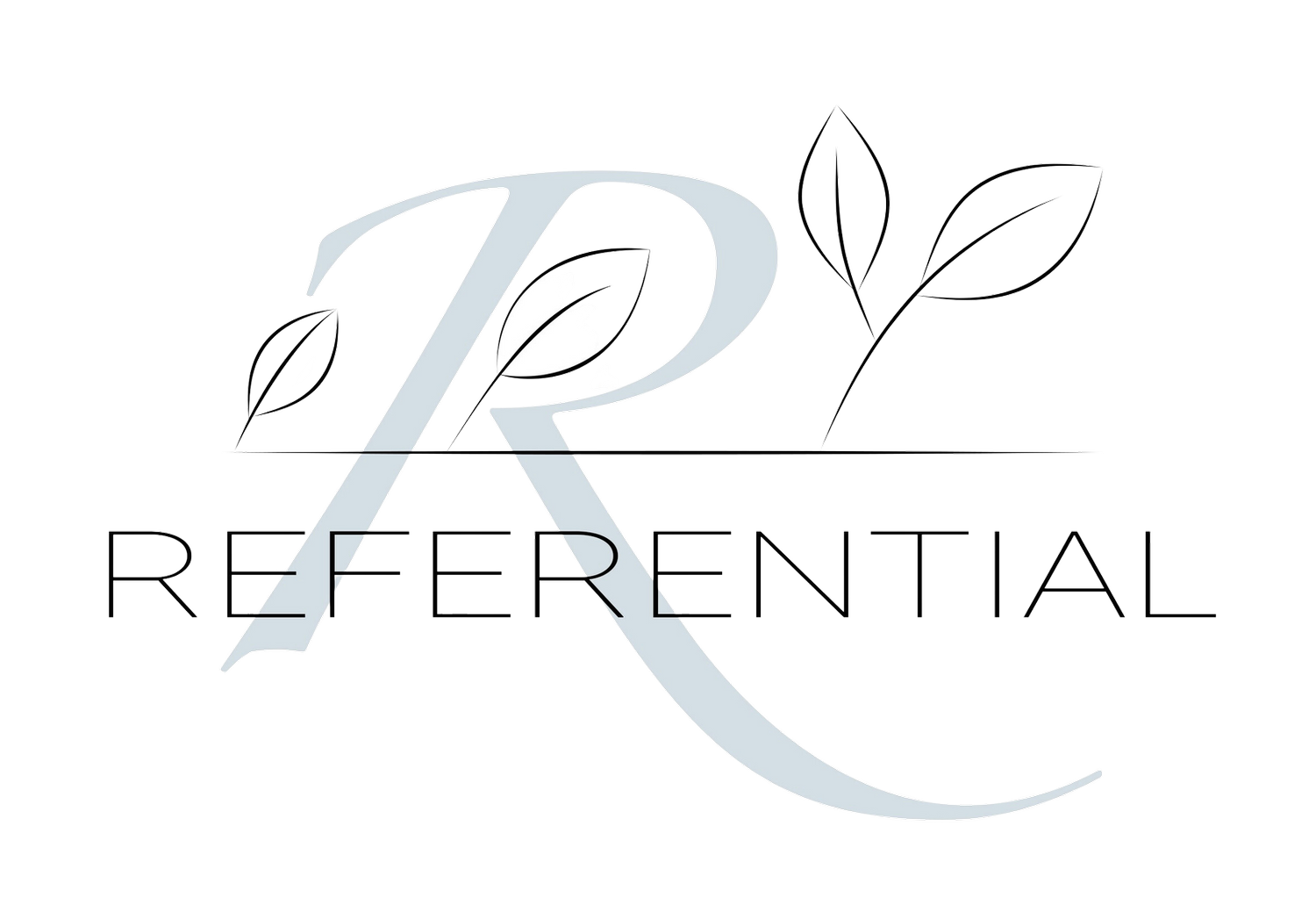HR Recruiting Vs Customer Advocacy Recruiting; How Do They Compare?
Before joining Referential, my career was rooted in traditional corporate HR recruiting; picture a typical head hunter role where it was my job to poach you away from your current position and join my company. I was fortunate to have worked at both Google and Apple in this role, which provided two vastly different experiences in terms of culture and approach. When presented with an opportunity to join Referential, I was confident my skills could transfer to customer advocacy recruiting.
Upon my introduction to customer advocacy, I realized that many of the themes are the same: a dash of flattery, a pinch of excitement, mix in some potential benefit-based outcomes for the participant, and shake; all the while actively listening.
We want customers to know that we are presenting a unique opportunity in the form of personal and professional growth, company clout, a multitude of networking opportunities and more: “As you are an enthusiastic customer, we want to get you involved and help your career grow…”
This all begins with the enthusiasm you bring to your recruitment calls, of course, but centering it around their preferences is essential. After all, what they can receive is just as important as what they can provide. So, when it comes to recruiting/on-boarding into an advocacy or reference program, it begins with: what do they want from engaging in the activities? Identifying interests straightaway – as well as dislikes – is key to establishing strong participants.
What products do they love and really know? Which ones have they had issues with? How was their deployment experience? What are their feelings towards customer support? Are they looking for self-promotion, if so, how do they feel about public speaking? Are they supportive of knowledge sharing, if so, are they interested in writing or having a ghost writer? Do they want to extend their network, if so, are they open to taking an occasional prospect phone call?
Take vigorous notes on these valuable insights because this is the basis for setting a program up for success. Listen and remember, because to build trust only ever reach out about areas they’re interested and comfortable being contacted about.
In HR recruiting, a common theme is ‘closing from the first conversation.’ This means you are setting the stage for compensation negotiations from the first phone call, even if you never talk money. You are actively listening to any road blocks they have and any objections or motivators that they convey. You want to make sure you have a solid plan if and when you decide to offer them a position, and make sure that your compensation package addresses everything they are looking for. It’s similar with Customer Advocacy: You have to listen to your customer’s goals, and sometimes that means reading between the lines.
Remember that it’s a privilege to speak with a customer and have them join your advocacy program. They love what your company affords them and appreciate the opportunity to give back while gaining some benefits from their engagement. Treat them like royalty and they’ll repay you with loyalty.


